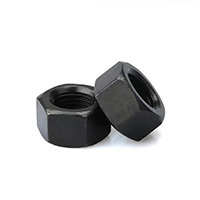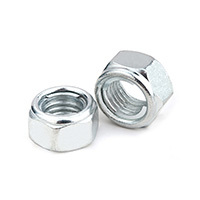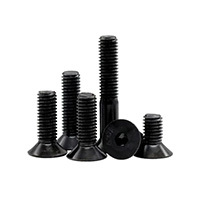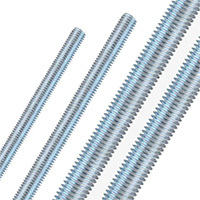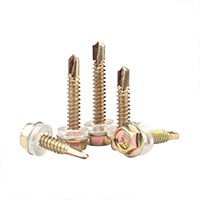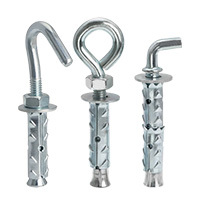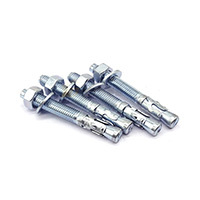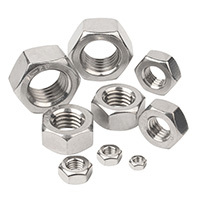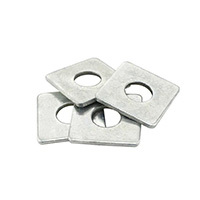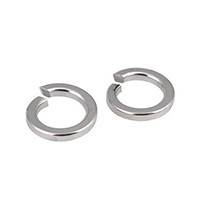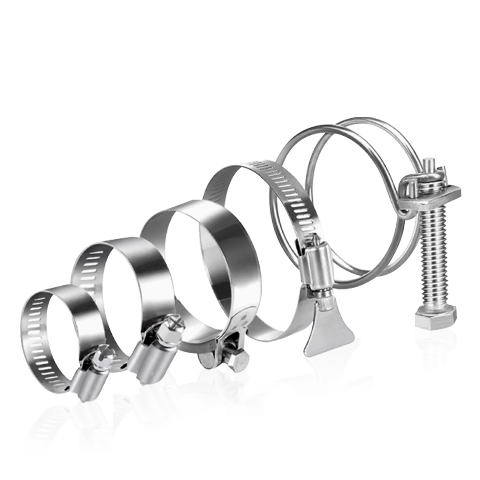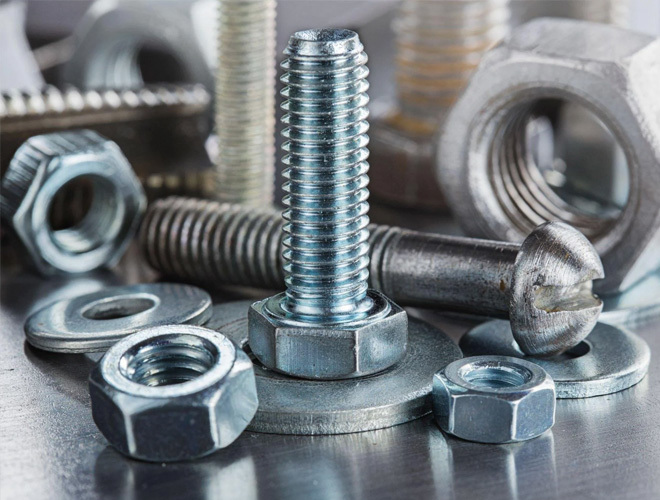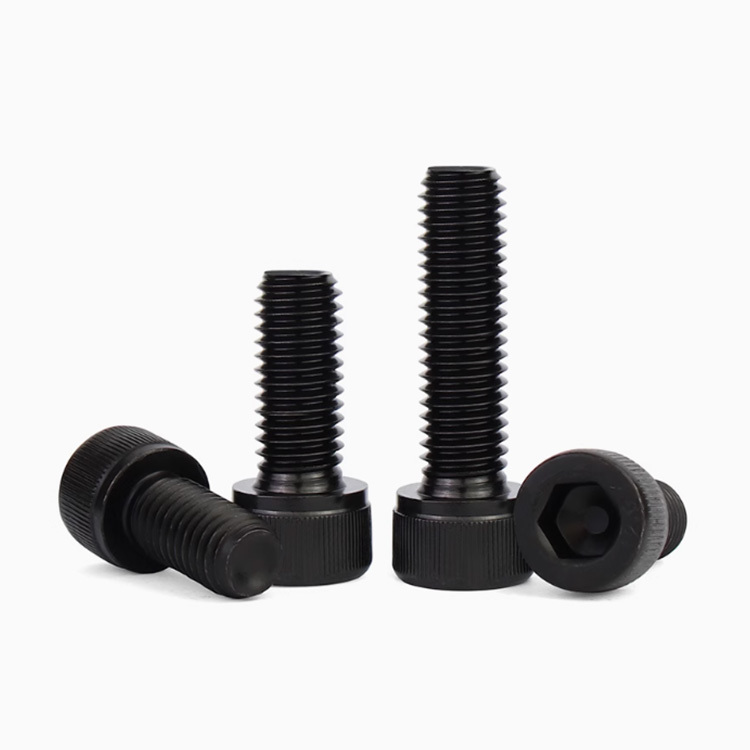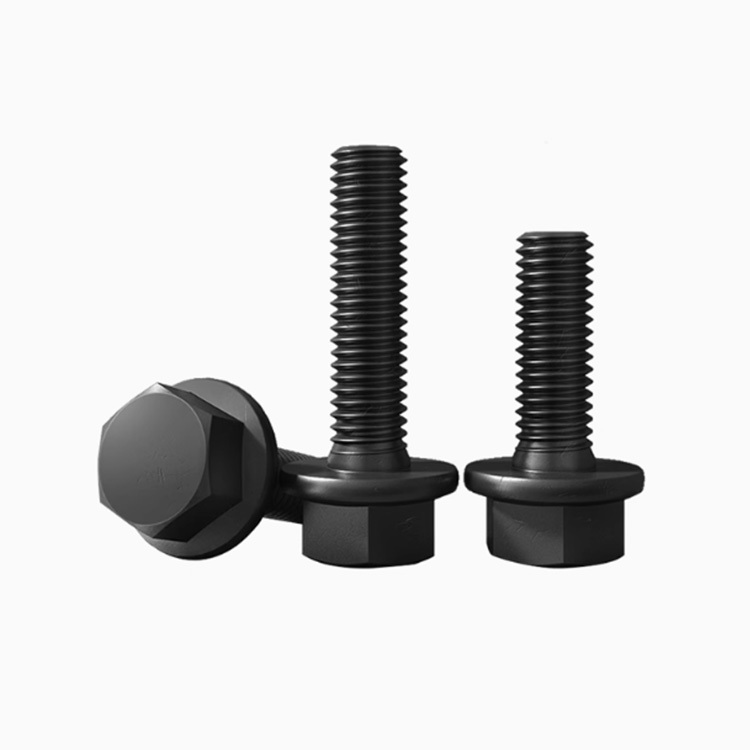Understanding High Strength Full Thread Bolts: Key Considerations for Industrial Applications
May 27,2025
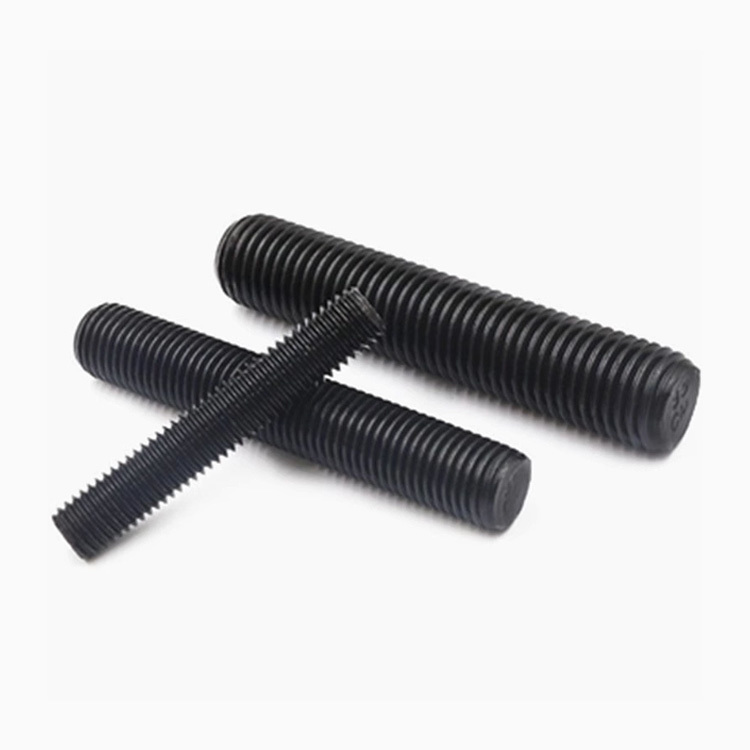
High strength full thread bolts are an integral component in various industrial applications, especially in the field of fastening and connecting components. These bolts, characterized by their threads running the entire length, offer several advantages, making them a preferred choice in demanding environments.
One of the primary benefits of high strength full thread bolts is their ability to handle substantial loads. The full threading increases the surface area for contact, which enhances the distribution of stress across the fastened materials. This feature is crucial in applications where high tensile strength is required, such as in bridges, heavy machinery, and power plants.
Material selection is a critical aspect when working with high strength full thread bolts. Generally made from carbon steel, alloy steel, or stainless steel, the choice of material will depend on the specific requirements of the application, including environmental factors and load specifications. For instance, stainless steel bolts are ideal for corrosive environments, while alloy steel is often selected for its superior strength properties.
The manufacturing process of high strength full thread bolts typically involves heat treatment, which improves their mechanical properties. This process enhances hardness, ductility, and tensile strength, allowing these bolts to perform effectively in high-stress situations. It is essential to ensure that the bolts meet established industry standards, such as those set forth by ASTM, to ensure reliability and safety.
When selecting high strength full thread bolts, it is also important to consider the appropriate torque specifications. Proper torque application is vital to achieve the desired clamping force without over-tightening, which can lead to bolt failure or damage to the materials being fastened. Utilizing a calibrated torque wrench can help ensure that the correct specifications are met during installation.
In terms of design considerations, engineers should evaluate the bolt's length, diameter, and thread pitch to match the specific requirements of the assembly. Additionally, the use of washers can improve load distribution and reduce galling, which is a common issue in threaded fasteners.
In summary, high strength full thread bolts are a critical component in the industrial fastening landscape, offering exceptional performance and reliability. By understanding their benefits, material selection, manufacturing processes, and installation practices, professionals can make informed decisions that enhance the integrity and safety of their projects. Whether in construction, manufacturing, or maintenance, these bolts hold the key to durable and dependable connections.
One of the primary benefits of high strength full thread bolts is their ability to handle substantial loads. The full threading increases the surface area for contact, which enhances the distribution of stress across the fastened materials. This feature is crucial in applications where high tensile strength is required, such as in bridges, heavy machinery, and power plants.
Material selection is a critical aspect when working with high strength full thread bolts. Generally made from carbon steel, alloy steel, or stainless steel, the choice of material will depend on the specific requirements of the application, including environmental factors and load specifications. For instance, stainless steel bolts are ideal for corrosive environments, while alloy steel is often selected for its superior strength properties.
The manufacturing process of high strength full thread bolts typically involves heat treatment, which improves their mechanical properties. This process enhances hardness, ductility, and tensile strength, allowing these bolts to perform effectively in high-stress situations. It is essential to ensure that the bolts meet established industry standards, such as those set forth by ASTM, to ensure reliability and safety.
When selecting high strength full thread bolts, it is also important to consider the appropriate torque specifications. Proper torque application is vital to achieve the desired clamping force without over-tightening, which can lead to bolt failure or damage to the materials being fastened. Utilizing a calibrated torque wrench can help ensure that the correct specifications are met during installation.
In terms of design considerations, engineers should evaluate the bolt's length, diameter, and thread pitch to match the specific requirements of the assembly. Additionally, the use of washers can improve load distribution and reduce galling, which is a common issue in threaded fasteners.
In summary, high strength full thread bolts are a critical component in the industrial fastening landscape, offering exceptional performance and reliability. By understanding their benefits, material selection, manufacturing processes, and installation practices, professionals can make informed decisions that enhance the integrity and safety of their projects. Whether in construction, manufacturing, or maintenance, these bolts hold the key to durable and dependable connections.
Hot Tags:
Contact
E-mail:
Phone:
Address:
Yongnian Southwest Development Zone, Handan City, Hebei Province
PRODUCT SEARCH
Search And Quickly Find The Products You Need
The company has a modern production workshop and a professional technical team. It has introduced advanced automated production equipment from home and abroad, strictly controls every production link, is customer-centric, and is committed to providing customers with high-quality products and services.
Continue Search OR Customize Products



